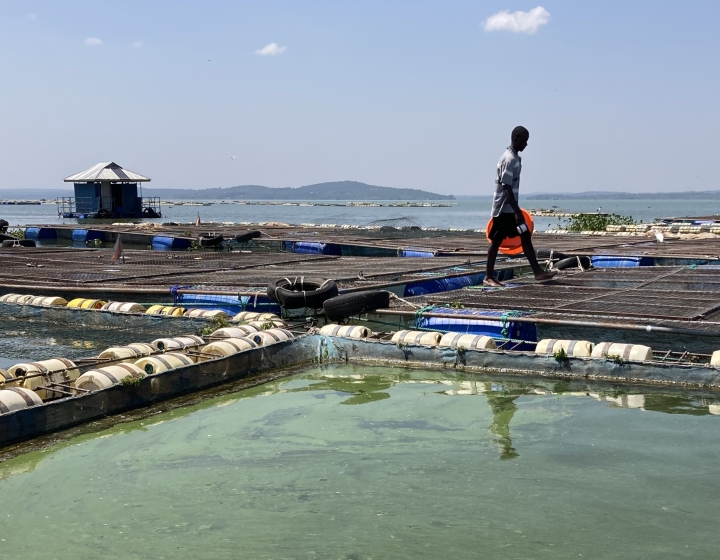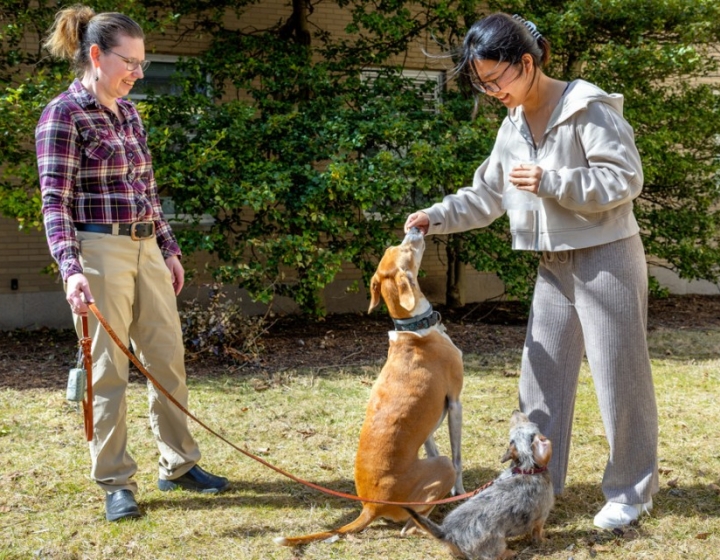NIFA grant to aid antimicrobial resistance educational efforts, underrepresented students
Experts from the College of Veterinary Medicine have received a grant to advance antimicrobial resistance (AMR) training in veterinary medical education and to expand the pipeline for underrepresented students in the field.
Funded by a $300,000 federal grant from the United States Department of Agriculture's National Institute of Food and Agriculture, investigators from both Cornell and Texas A&M will work together to develop and study the impact of a comprehensive collection of competency-based educational resources on antimicrobial resistance to aid veterinary education programs throughout the United States.
The three-year grant will finance efforts focused on the development of multidisciplinary, problem-based lessons on antimicrobial resistance and the creation of an online platform to share educational resources with all veterinary colleges in the U.S. These learner-centered resources will incorporate the most recent research findings on AMR and will draw upon innovative teaching methods and educational technologies. Investigators will also focus on developing a pipeline for underrepresented student populations regarding career opportunities in food and agricultural sciences, veterinary medicine, and public health.
“Antimicrobial resistance poses an increasingly serious threat to global health, and veterinarians must be properly equipped to assume leadership roles in addressing this challenge," said Kevin Cummings, principal investigator for Cornell. "Crucial to the success of the AMR mitigation effort is the need to educate a wide variety of stakeholders about proper antimicrobial stewardship in production agriculture."
Nicola Ritter, principal investigator for Texas A&M University and director of their Center for Educational Technologies (CET), will lead efforts to create the online platform and implement the outreach campaign for underrepresented students. The lessons created from this project will be shared with all U.S. veterinary colleges on an open, online platform.
By the end of the project, the team anticipates reaching 3,000 graduates per year from veterinary colleges across the United States and 1,000 undergraduates per year from programs related to animal science.




